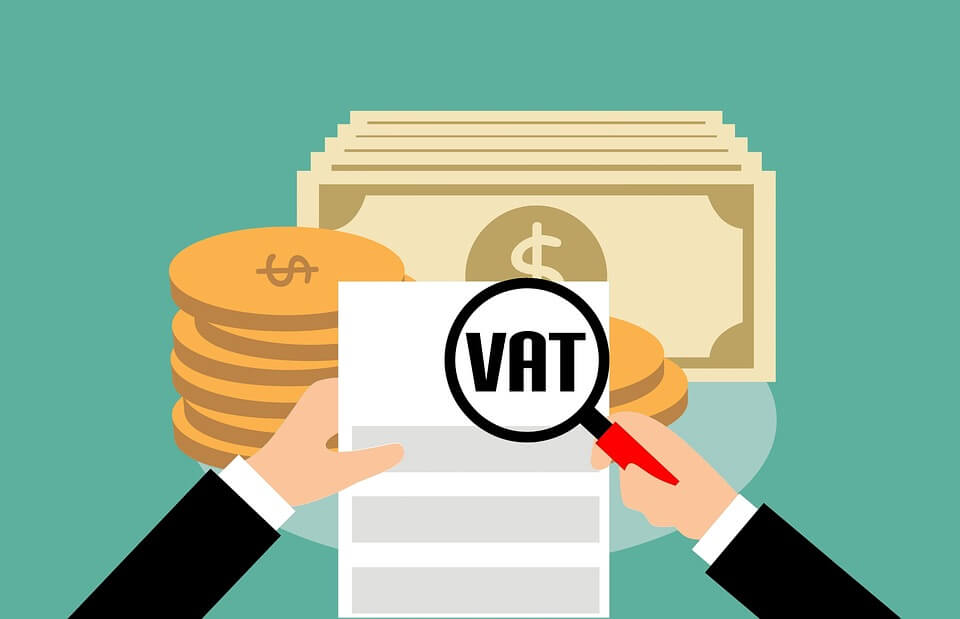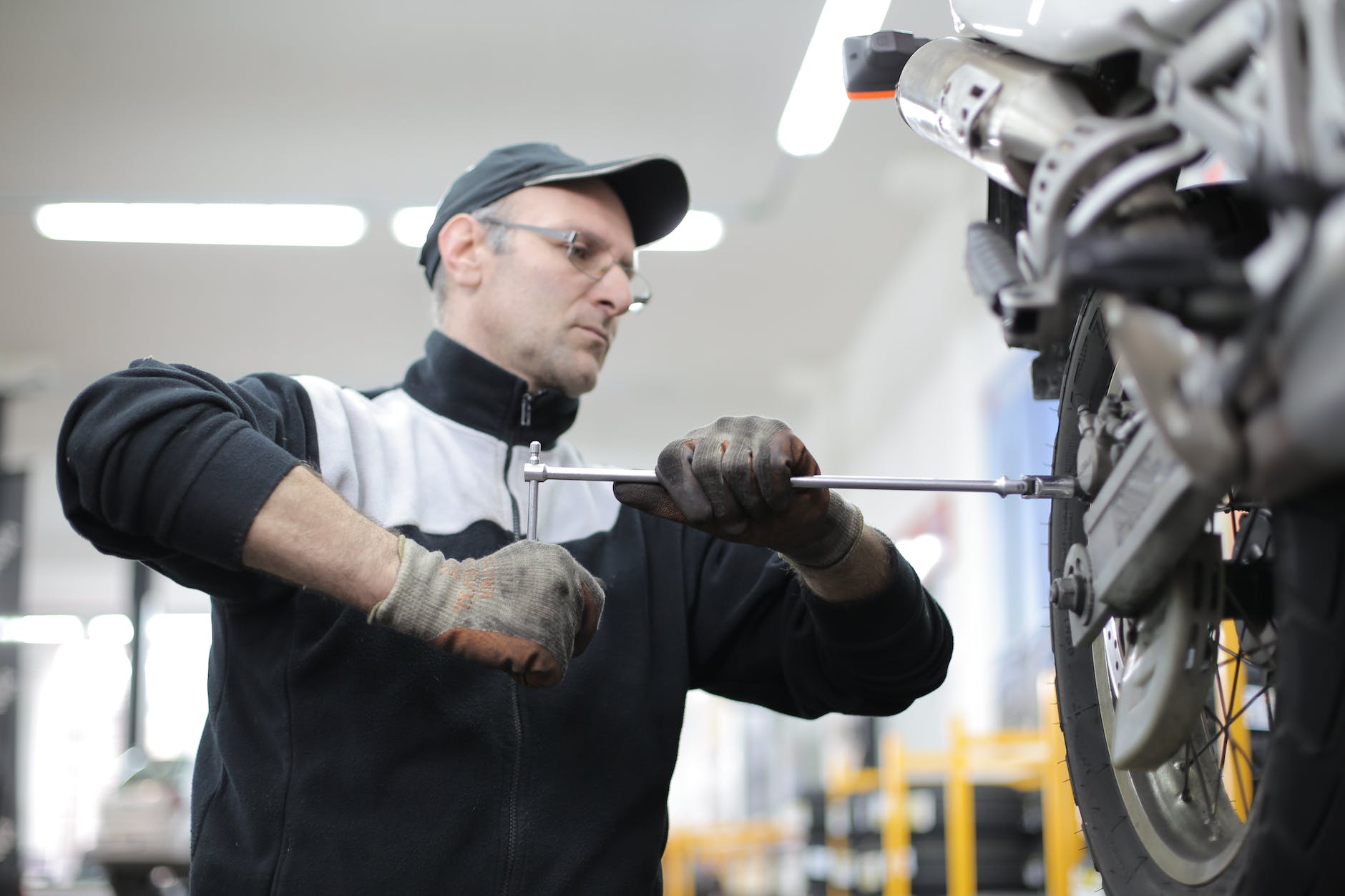
VAT frauds have recently risen to the top of the list for tax audit priorities. Tax agencies are paying closer attention to VAT fraud involving multiple businesses to find tax evasion. Do you know what VAT fraud is? VAT fraud is a growing problem. It is also difficult to explain, so you should read this article to learn more about it. In this article, the 8 most common questions and answers are compiled regarding VAT fraud. Do you want to read them? Let’s dive:
1. What is VAT Fraud?
VAT fraud is a serious issue not only for businesses but also for the government. The more you all know about the risks and how to prevent them, the better off you’ll be in the long run. It is a type of tax fraud that involves the intentional misreporting of value-added tax (VAT) liabilities to reduce a business’s tax liability.
VAT fraud can be perpetrated in several ways, including false invoicing, carousel fraud, and missing trader fraud. VAT fraud is an issue that has been plaguing the European Union for years now. VAT fraud harms the legitimate business community and harms the public treasury.
VAT fraud might be:
- Necessitate you to pay cash to avoid paying VAT on a purchase or work.
- Ask you to make the payment to a different party than the company or create multiple payments to other parties that must be appropriately registered for VAT.
- Pretend to have applied for a VAT number when they haven’t and use a fake or stolen VAT number instead.
2. How to Report VAT Fraud?
If you believe someone is engaging in a VAT fraud, you can report them to HM Revenue and Customs (HMRC) without disclosing your identity.
You can report VAT fraud over the phone or online.
Fraud Hotline for HMRC: 0800 788 887 (8 am to 8 pm, Monday through Sunday)
If you are aware of or suspect VAT fraud but do nothing about it, you may be responsible for paying the tax.
3. How to Avoid VAT Fraud?
It is easy to get involved in VAT fraud unwittingly. If something about the deal looks too good to be true, you should exercise extra caution! You can prevent unintentionally taking part in VAT fraud by taking care of some details. For example, Your home receives some work from an electrician. To save VAT on the price of the job, the company offer to accept a cash-in-hand payment. Getting cash to avoid paying VAT is illegal tax evasion. In this way, you can take care of small details to avoid being a part of VAT Fraud.
4. How Can I Deal With My Customers/Suppliers To Avoid Being A Part Of VAT Fraud?
It is tricky to deal with customers/clients to avoid VAT fraud because you don’t know the background of every customer/ client you deal. Below are some tips you can follow to avoid being a victim of VAT fraud:
- Are all of your customer’s or suppliers’ documentation authentic?
- Does the business have a chamber of commerce registration?
- What is the company’s history?
- Examine the VAT number.
- Have they given you their physical address?
- Are your customers or suppliers’ invoices accurate?
5. What Are The Alerts I Should Be Aware Of?
While dealing in business, Additionally, pay attention to the following signs:
- The cost is unexpectedly inexpensive.
- Is there a problem with the invoice, or is there anything important that is missing from the invoice (the telephone number or address, for example)
- The products are not appropriate for the industry in which the supplier operates.
- The product can be physical or an individual project such as appointment time or services.
- Customers or suppliers have only been around for a short time or keep switching.
These are not the only signs that fraud may be occurring. There are frequently multiple signals at once. Always take into account any other signals you have received when evaluating them. As an entrepreneur, you should also rely on your senses and expertise to avoid being a part of VAT fraud. There are different VAT schemes to follow in the UK.

6. What Is VAT Carousel Fraud?
To cheat governments out of money that should be paid in VAT, organized criminals assault standard duty tax systems. This is known as VAT carousel fraud. When items cross a boundary of a common duty region, fraudulent VAT claims step in.
An initial, illegal profit might be made by selling items and collecting VAT but not transferring this money to any government in the duty area. An additional gain is caused by transporting the items to another familiar area jurisdiction and falsely claiming VAT. Then, the products may be relocated to a different jurisdiction within the same region, and the fraud may continue through another loop or carousel, charging and falsely claiming VAT. Therefore, it is termed carousel fraud. It is a lethal form of VAT fraud!
7. What Is Missing Trader Fraud?
Missing trader fraud is similar to carousel fraud but involves only domestic transactions within one EU member state. In missing trader fraud, goods are sold between businesses within the same country without VAT being charged or paid. The company that initially imported the goods disappears before paying the VAT due on those imports to the tax authorities.
Simply put, It is a type of VAT fraud where businesses deliberately don’t pay over the VAT they’ve collected to HM Revenue and Customs (HMRC). This can happen when businesses:
– buy goods from other EU countries without paying VAT
– sell goods to customers in the UK without adding VAT
– disappear without paying the VAT they owe to HMRC
Losing this revenue cost the taxpayer and puts honest businesses at a competitive disadvantage.
8. Are There Penalties For Evasion Of VAT In The UK?
VAT evasion has a maximum penalty of £20,000 in fines or six months in jail in the magistrate’s court. Seven years in prison or an unlimited fine are the maximum penalties for Crown Court offences.
Final Words
Above are the eight different questions regarding VAT fraud. As a business owner and entrepreneur, you should take extra care while dealing with customers/suppliers to avoid being a part of VAT fraud. Business owners should report any questionable observations to the local tax authority. Protecting your reputation and good name is crucial, especially when conducting international business. If you have any concerns regarding VAT fraud or tax evasion, feel free to contact Legend Financial for expert advice and get your problems solve in no time!

